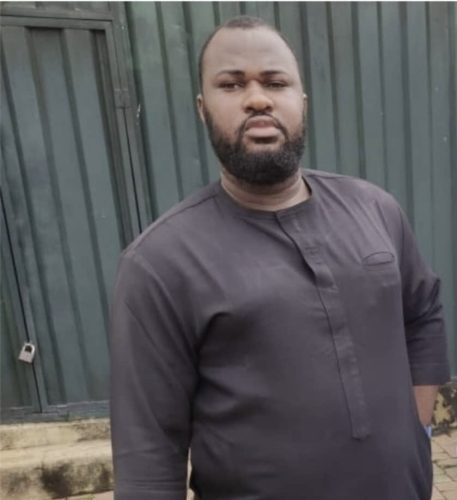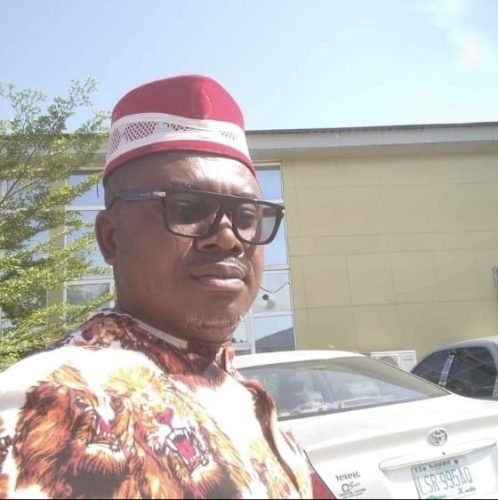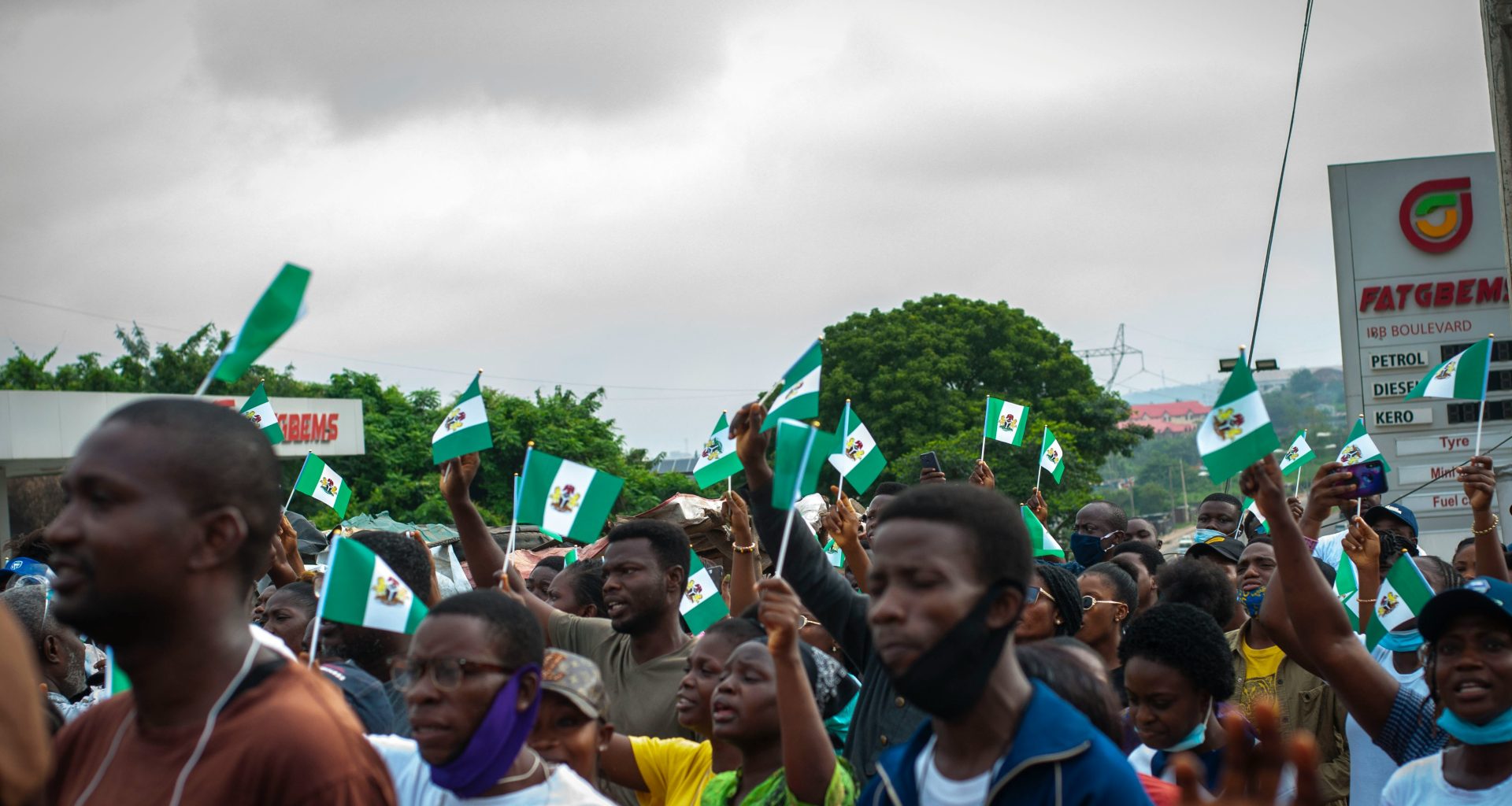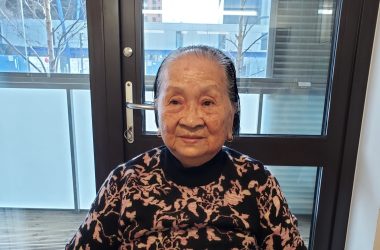In Nigeria’s eastern region, a movement is stirring — the Indigenous People of Biafra (IPOB). Their calls for liberation echo past struggles, shaking the nation’s core and sparking debates, tensions, and hopes for change.
IPOB was established in 2012 by Nnamdi Kanu, a charismatic leader and Uche Mefor with the aim of advocating for the creation of an independent state of Biafra. This concept strongly resonates with numerous individuals in the predominantly Igbo-speaking southeastern region, who feel marginalized and oppressed within the Nigerian state. Although IPOB initially operated in relative obscurity, it gained traction through social media activism and street demonstrations, effectively amplifying the concerns of a substantial portion of the population. The influence of IPOB on Nigeria is of immense significance.
Uzoma C Henry, a lecturer said: “You cannot be safe in an unsafe environment, we sleep with our eyes open. Insecurity has eaten deep into the fabric of our existence and the government has to step up to their responsibilities and know that we as individuals are important because without us there’s no one to govern.”
“The crisis is caused by the government’s defiance and the demand for an independent country,” Chibuzor Obasi, a senior special assistant to the Imo state local government chairman said. “The unlawful detention of the leader of IPOB, and the Nigerian government not obeying the ruling of the court of law, has led to the faceless and non-violent members of IPOB to become volatile and this has affected the people in a much adverse way that every citizen is now living in fear.”
IPOB’s influence creates significant challenges for both Nigerian and the people of the eastern region. One major hurdle is the potential for violence and conflict, as clashes between IPOB supporters and security forces escalate, resulting in loss of life and destabilization of communities. This violence not only jeopardizes lives but also undermines efforts towards peace, development, and reconciliation in the region.
“This state of crisis has caused the deployment of heavy security men all over the region which has led to unwarranted extortion from the citizens and humiliation to innocent youths and women,” Obasi said.
“The government needs to and must obey the law and order of the court, the government must treat every citizen from all tribes equally and impartially.” He added. The Nigerian government’s reaction to IPOB’s requests, characterised by forceful measures and suppression of opposition, highlights once again the fragile state of Nigeria’s democratic trial.
The economic consequences are significant, with the uncertainty caused by IPOB’s agitation deterring investment, hindering economic growth, and worsening poverty and unemployment in the Eastern region. The absence of infrastructure development and economic prospects only serves to intensify sentiments of marginalization and hopelessness, contributing to the backing of IPOB’s extremist goals by disillusioned youth.

They know the origin of each crisis and conflict but they always find a way to manage it and always make efforts not to get into crisis with the particular region championing any crisis”, Mozie Chisom, a lecturer in Nigeria feels that the government is biased and this not just impacts the citizens, but also the government.
Chisom said, “Knowing that when traveling you can be kidnapped, killed or be shot is a very big problem. Because of insecurity in the nation, you’re scared of coming out on a particular day, at a particular time and any day there is no activity the government is loosing money.”
Security concerns also loom large, particularly in the wake of escalating clashes between IPOB’s armed wing, the Eastern Security Network (ESN), and Nigerian security forces. These confrontations not only endanger civilian lives but also destabilise the region, disrupting economic activities and undermining investor confidence. Addressing security challenges is thus paramount to fostering peace and stability in the East.
Amidst these challenges, there is a pressing need for inclusive governance and meaningful dialogue to address the root causes of the IPOB phenomenon. This entails recognising and redressing historical grievances, promoting equitable development, and fostering a sense of belonging among all ethnic groups within Nigeria. It also requires a reevaluation of the federal government’s approach, moving away from repression towards reconciliation and genuine dialogue.

“The potential solution or approach to solving all these problem is genuine dialogue, the problem is that the government is not talking to the masses. Cut down cost of government, cut down corruption, talk to the masses of this nation, I believe most of this problem would be solved,” Engineer T Chibueze Metu said.
The influence of IPOB on Nigeria is intricate and varied, highlighting fundamental socio-political and economic challenges that go beyond geographical divisions. The emergence of IPOB emphasises the critical importance of national self-reflection and collaborative endeavours to establish a fairer and more unified society. Nigeria can only overcome the obstacles presented by IPOB and progress towards peace, prosperity, and harmony through authentic conversations and shared comprehension.








